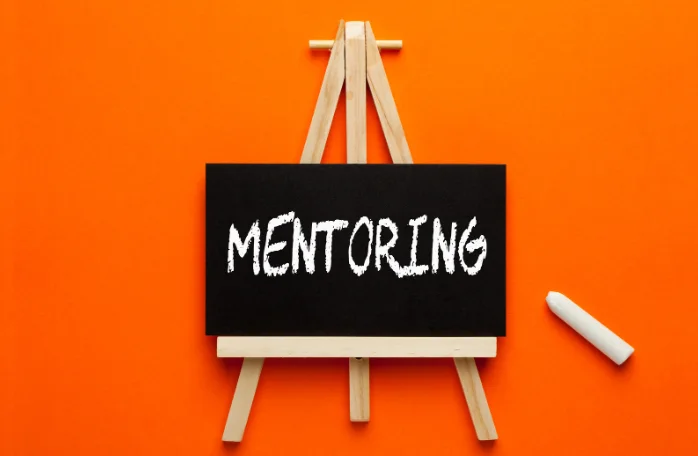In the ever-evolving landscape of education, the profound impact of mentorship within teacher-student relationships cannot be overstated. Beyond the conventional roles of educators imparting knowledge and students absorbing information, lies a deeper realm where mentorship flourishes, nurturing personal and academic growth in both mentor and mentee.
The Essence of Mentorship
At its core, mentorship embodies guidance, support, and inspiration. It transcends the boundaries of a classroom, creating a safe space where students feel empowered to explore, question, and evolve. Within this framework, teachers don the hats of not just instructors but also mentors, shaping not only the minds but also the character and aspirations of their students.
Building Trust and Connection
The foundation of a fruitful mentorship lies in trust and genuine connection. Teachers who embrace mentorship understand the significance of forging authentic relationships with their students. It involves active listening, empathy, and a deep understanding of the individual needs, strengths, and challenges of each student.
Cultivating a Growth Mindset
Mentorship fosters a growth mindset, encouraging students to embrace challenges and learn from failures. Teachers act as guides, instilling resilience and perseverance while celebrating efforts rather than just achievements. This mindset shift empowers students to view obstacles as opportunities for learning and development.
Nurturing Potential and Passion
A mentor’s role extends beyond academic guidance; it involves nurturing passions and potential. By recognizing and encouraging individual strengths and interests, teachers inspire students to explore their talents, fostering a sense of purpose and direction.
Mentorship as a Two-Way Street
While teachers guide and mentor students, the relationship is reciprocal. Students often inspire educators with their unique perspectives and fresh ideas, fostering an enriching exchange of knowledge and wisdom.
Implementing Mentorship in Education
To cultivate effective mentorship in teacher-student dynamics, educational institutions must emphasize ongoing professional development for educators. This includes training in active listening, empathy, and strategies for fostering mentorship relationships. Additionally, creating a conducive environment that encourages open communication and mutual respect is pivotal.
Conclusion
In the mosaic of education, mentorship emerges as a beacon of guidance, empowerment, and growth. When teachers embrace their roles as mentors, they pave the way for students to blossom not just academically but also as individuals. The impact of mentorship reverberates far beyond the classroom, shaping future leaders, innovators, and compassionate individuals poised to make a difference in the world.
In essence, nurturing mentorship in teacher-student dynamics is not just an educational strategy; it’s a transformative journey that lays the groundwork for a brighter, more empowered future.
Remember, mentorship transcends boundaries and inspires greatness, one student at a time.
Contact us for Guidance and Counseling:
Disha Guidance and Counseling
+91 9719146010, 05946-354582






